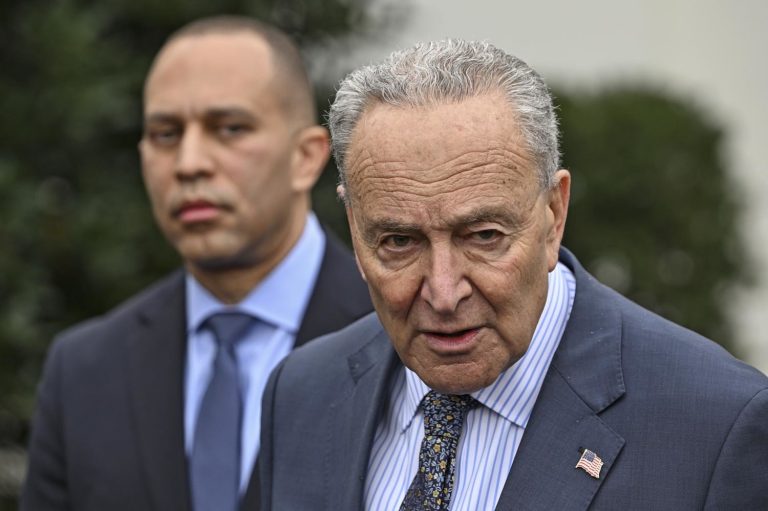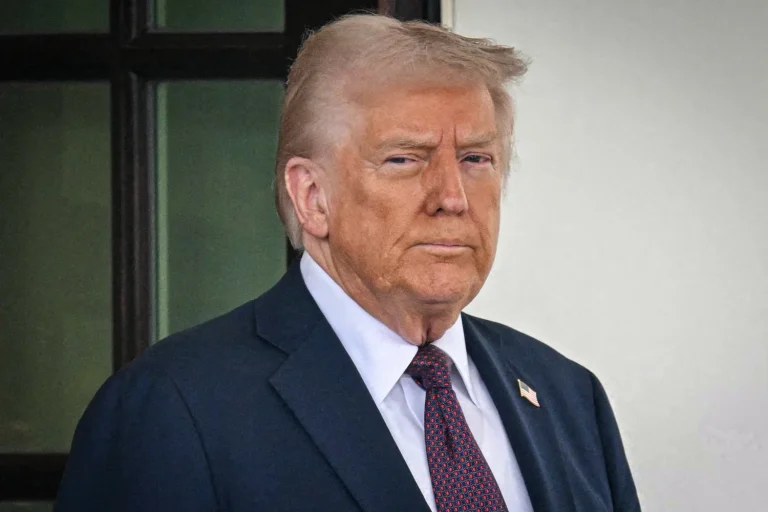High Court Decision Raises Eyebrows
The Supreme Court recently issued a ruling affecting U.S. immigration enforcement, prompting renewed debate over federal authority and deportation practices. While the opinion itself was brief, it signals significant implications for how the government handles individuals held outside the continental United States.
The decision comes amid ongoing legal disputes over procedures for removing certain immigrants from U.S. jurisdiction, with some courts previously imposing safeguards intended to protect those facing potential harm abroad.
Background: Legal Disputes Over Deportation Procedures
The controversy centers on a federal judge’s prior ruling that restricted the government’s ability to deport individuals to countries not explicitly listed in their removal orders. This ruling required additional precautions to ensure deportees would not face severe risks upon transfer.
The Trump administration had challenged these restrictions, arguing that the procedures disrupted critical diplomatic and security operations. Legal filings describe the government’s position as emphasizing the need for flexibility in managing removals to foreign jurisdictions.
Court Action and Immediate Impact
In a 7-2 decision, the Supreme Court clarified that its earlier stay of the lower court’s injunction applies fully to the individuals currently in U.S. custody at a military facility overseas. This means the federal government may move forward with certain deportation actions while the broader legal questions continue to be resolved.
Two justices dissented, voicing concern over potential risks to the individuals involved and questioning whether the government had adequately demonstrated compliance with international safety obligations. Their dissent underscores the tension between executive authority and judicial oversight in matters of immigration enforcement.
Voices on Both Sides
Proponents of the administration’s approach argue that restrictions on third-country deportations hinder operational efficiency and complicate foreign policy initiatives. They stress that lawful immigration enforcement requires flexibility and timely action, especially in sensitive international contexts.
Opponents emphasize that procedural safeguards exist to prevent potential harm to individuals being removed. They argue that these protections are crucial for upholding legal and ethical standards and ensuring compliance with U.S. and international obligations.
One legal analyst noted:
“This case illustrates the delicate balance courts must strike between government authority and individual rights, particularly when actions involve foreign jurisdictions.”
Details Emerge
The ruling specifically applies to eight immigrants currently held at a U.S. facility abroad. Their home countries include Cuba, Vietnam, and Laos. While the Supreme Court allowed the administration to proceed, the dissenting justices expressed concern that deporting these individuals to a third country could expose them to significant risks.
Prior rulings had attempted to ensure that any transfer would include safeguards against harm. The current ruling, however, gives the federal government authority to move forward, leaving many questions about how protections will be implemented in practice.
Wider Implications
This decision highlights broader issues regarding immigration policy, executive authority, and the role of the judiciary in overseeing government actions. It also raises questions about the balance between national security, diplomatic considerations, and individual rights.
Observers suggest the ruling may set a precedent for future cases involving third-country deportations, and it could influence how lower courts approach similar challenges. Legal experts continue to monitor the situation closely.
Public Reaction
The ruling has sparked debate among policy experts, advocacy groups, and political commentators. Some praise the decision as a necessary affirmation of federal authority, while others criticize it as insufficiently protective of vulnerable individuals.
A public comment could be:
“How should courts balance national security concerns with the rights of individuals facing deportation?”

Emily Johnson is a critically acclaimed essayist and novelist known for her thought-provoking works centered on feminism, women’s rights, and modern relationships. Born and raised in Portland, Oregon, Emily grew up with a deep love of books, often spending her afternoons at her local library. She went on to study literature and gender studies at UCLA, where she became deeply involved in activism and began publishing essays in campus journals. Her debut essay collection, Voices Unbound, struck a chord with readers nationwide for its fearless exploration of gender dynamics, identity, and the challenges faced by women in contemporary society. Emily later transitioned into fiction, writing novels that balance compelling storytelling with social commentary. Her protagonists are often strong, multidimensional women navigating love, ambition, and the struggles of everyday life, making her a favorite among readers who crave authentic, relatable narratives. Critics praise her ability to merge personal intimacy with universal themes. Off the page, Emily is an advocate for women in publishing, leading workshops that encourage young female writers to embrace their voices. She lives in Seattle with her partner and two rescue cats, where she continues to write, teach, and inspire a new generation of storytellers.









